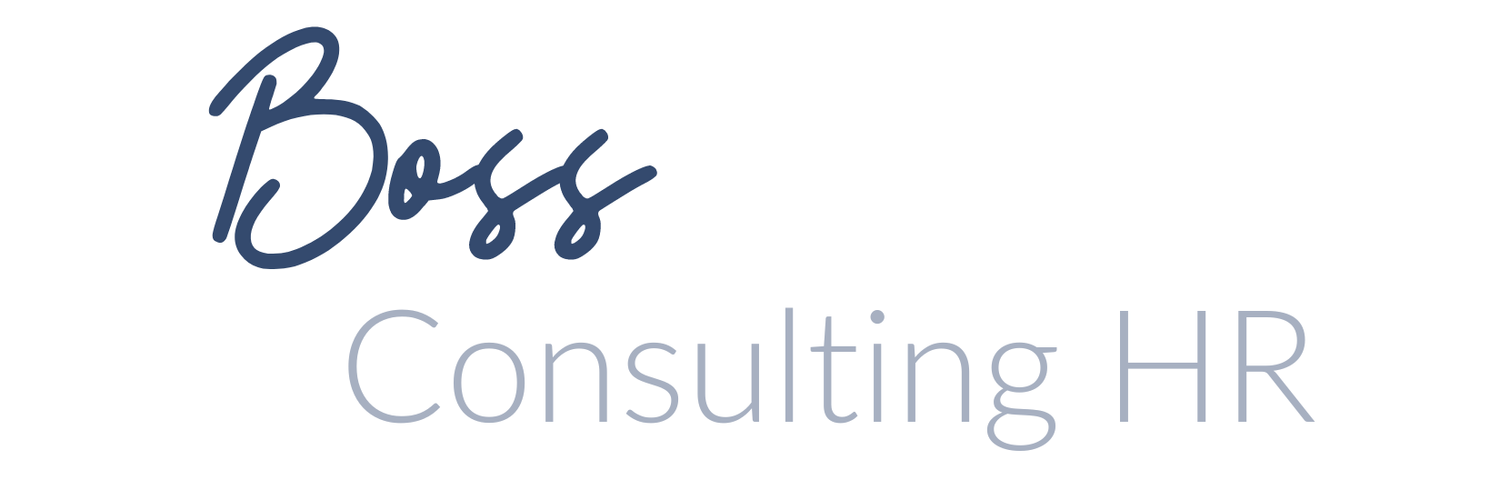Worker's Compensation and COVID for CT Employers
I think working in Human Resources for so long has made me a little bit naive about how complicated new laws and regulations are to the general small business owner. The pandemic has prompted a number of challenges for employers in terms of understanding and complying with new laws. Boss Consulting HR will be making a greater effort to help dissect the complexities for the small business.
Executive Order No. 7JJJ established what is called a “rebuttable presumption” for essential workers who affirmatively tested positive or likely had COVID-19 establishing that it was likely contracted through work. In most cases, this would make the employee eligible for workers’ compensation.
What the heck is a rebuttable presumption you ask? It’s a fancy legal term meaning an assumption in the court system that something is true unless someone comes forward to contest and prove otherwise.
In terms of the most recent Executive Order, it essentially means that it is presumed that an essential employee contracted COVID through their work unless the employer can prove otherwise. This rebuttable presumption is dependent on a number of factors through:
The employee missed a day or more of work between March 10, 2020, and May 20, 2020, due to a diagnosis of COVID or symptoms of COVID.
The employee was required to work on-site (not from home/remote) at least one of the fourteen days before the “date of injury” and did not receive an offer to work from home instead.
If the “date of injury” was more than fourteen days after March 23, 2020, then that employee must be employed by a business that the state designated as essential.
The employee has to have had a positive COVID test within three weeks of the date of injury OR have been diagnosed based on their symptoms by a licensed physician, licensed physician’s assistant, or licensed advanced practice registered nurse.
The Executive Order also requires that a copy of the positive test or the diagnosis from the employee’s provider be provided to the employer.
The “Date of Injury” is defined as the date between March 10, 2020 and May 20, 2020 that the employee was first unable to work or died due to a diagnosis of COVID-19 or to symptoms that were diagnosed as COVID-19, whichever occurred first
So now what? What should you do if you had an essential employee that had a COVID diagnosis, here’s our step by step process….
Complete the first report of injury AND complete and injury investigation. Whether you believe the employee contract it at work, it’s important you get as many facts about the occurrence as possible.
Obtain from your employee the confirmation of a positive test or the written diagnosis from the employee.
Notify your Worker’s Compensation insurance carrier of the new claim and provide them any documentation that the employee provided for the claim.
Evaluate whether or not the employee received any wages under the Families First Coronavirus Response Act (FFCRA), as these wages will need to be reported to your Workers Compensation insurer.
Keep the employee in the loop! Advise them they will likely be hearing from a claims adjuster and that if they have any questions, who the appropriate contact within your company is.
Also, remember that the current pandemic is uncharted territory for many employees and businesses. If you aren’t sure about something, ask for some time to look into it. You don’t want to be rushing employee responses especially when employers are under a lens.

